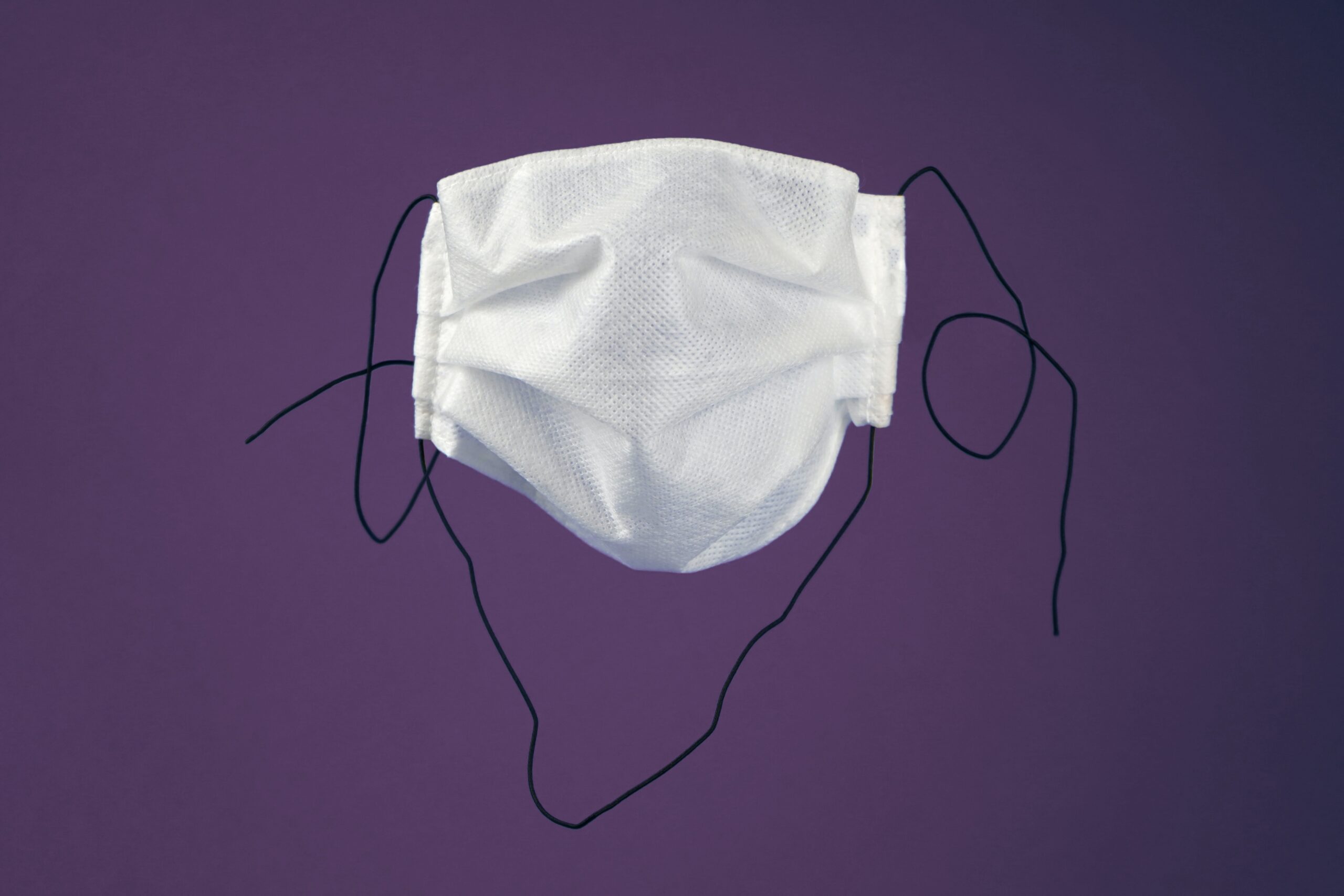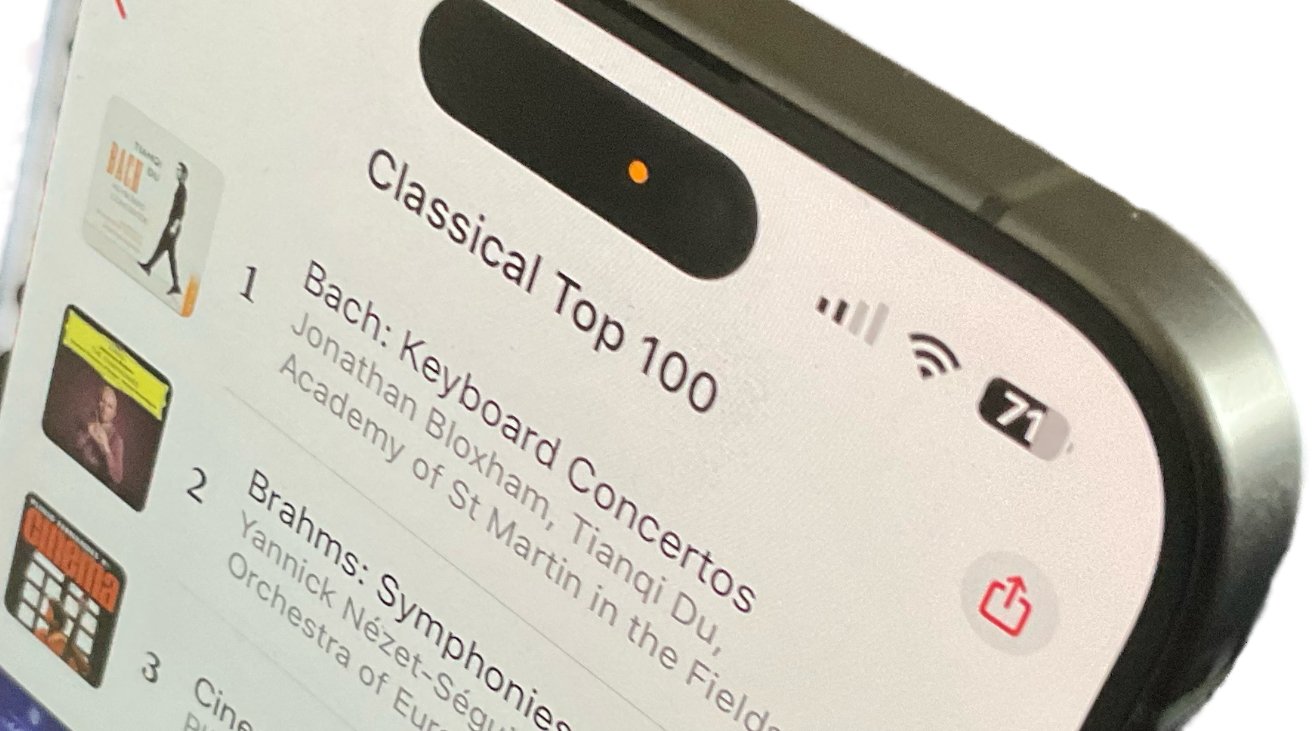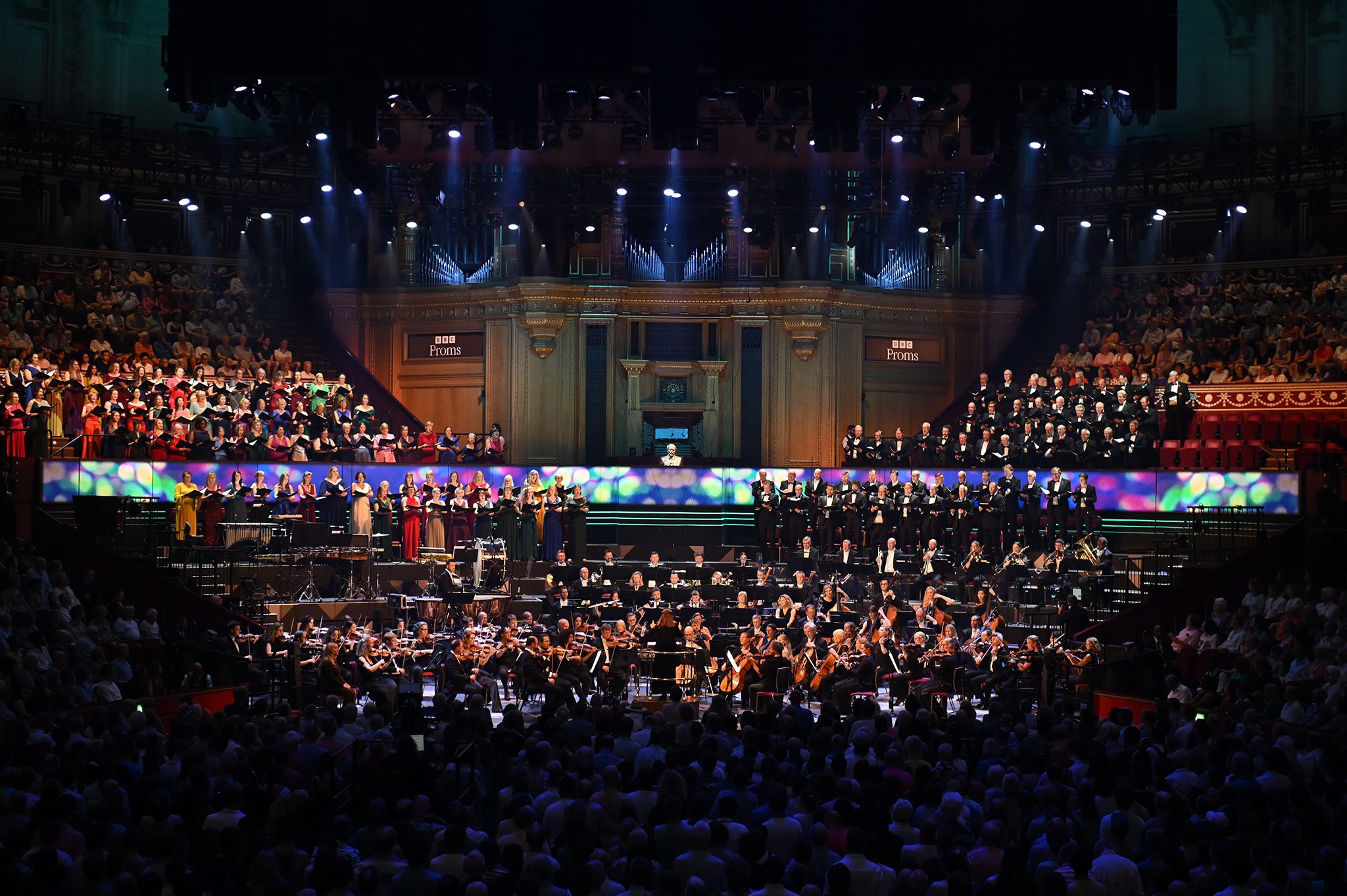Before the week draws to a close, I wanted to write a personal reflection about Mental Health Awareness Week.
After fourteen months or thereabouts of largely isolated human-less living, the prospect of final stages of eased restrictions might seem like the end of the pandemic. There is an assumption underpinning the approaching end of lockdown: the world is returning to normal; we can return to our normal lives.
But transition back into that ‘normal’ life is, it seems to me, a far different prospect.
Even today, with Nicola Sturgeon announcing some areas of Scotland remaining in a state of reduced lockdown whilst other areas are released.
For people across the UK their experience of returning to the world is subject to a vast array of differing timescales. Their perception of freedom will be based on the opening-up of activities, but also be rooted in perceived restrictions or perhaps imaginary ones.
Being able to hug people or step back into a concert hall auditorium isn’t the end of pandemic-driven mitigations; it is only the beginning of the regaining of freedoms. Some of those freedoms are real, tangible things. A great many others are in the mind.
For a considerable number who were made or took voluntary redundancy in 2020, finding another job has been hard. I have felt this at home supporting my partner whilst he finds alternative work. Recruitment is tough even with specialisms and experience on your side. Continued unsuccessful job hunting for those who lost their income during the pandemic prolongs the sense of isolation and restriction. The inevitable lack of purpose that arises damages motivation, and impacts self-belief. The impact that has on the state of mind for both job-seeker and supporter is draining. The pressure is immense.
Quite apart from the logistics, practicalities and financial responsibilities, there’s a sense of guilt stitched into this period in time. On a local level I see my world – the classical music world – opening up again. It’s by no means a straightforward opening up. It does in some respects feel a little precarious. Charlotte Higgins has a fairly punchy summary of the situation the UK arts scene faces from 17 May.
However, with conversations about future work for me coming in, the guilt that arises when one’s partner continues to wait patiently and positively for work opportunities to come his way is a little difficult to swallow. Freedoms aren’t freedoms if the ones you love can’t experience their version of freedom too.
That’s what I mean about how people will experience coming out of restricted living at entirely different paces. It will be different from that articulated by Government guildelines. Individual experience will be different from one another. Coming out of this (whatever that really means) will bring about all manner of pressures on our mental health too that we’ll need to be prepared for.
That’s quite apart from the experience of breaking out of the relative ‘comfort’ zone we’ve all become accustomed to over the past year or so. That transition places demands on our mental health as well.
I consider myself very fortunate this past year. I have benefited from regular freelance work when it was quite possible (and I did for a while believe) everything could have fizzled out right from the word go. Me and my partner have space to do what we need to do without getting in one another’s way. We laugh a great deal and, importantly, we’re able to speak openly about how we feel, with one another without consequence or judgment. We understand one another’s differences and respect them. We also know the importance of focussing on abundance rather than scarcity.
That said, it’s not always easy to keep the boat afloat.
I’ve also seen a shift in how we talk about our own mental health. This may of course only be a reflection of my circle of friends, colleagues and peers, and subject to confirmation bias too. But there feels as though there is greater openness in conversations. People I talk to don’t rush in to rescue with ideas to make things better. People check in more on a regular basis with a WhatsApp message or a call, and that prompts me to do the same with them. I am fortunate to be part of a network that sustains me.
It wouldn’t be authentic if we weren’t able to reflect calmly and objectively about our thoughts and feelings during Mental Health Awareness Week. So in the spirit of leading by example, here goes.
I find this time immensely tiring. I have no sense of when our situation will resolve, though the hope is considerable. The prospect of the world opening up a little bit more is exciting for me, but a difficult when I know someone I care deeply about is looking for work. Sometimes the worries that emerge as a result – ruminations on catastrophic thinking if you’re looking for the coaching parlance – are all consuming. They have become so familiar now as to be inextricably linked with the depressing shade of green I slapped on my office walls a few years ago in a bid to ‘finish decorating the office’. It’s beginning to feel a little oppressive now, so too the paintwork.
But this is where resilience is shored up. This is the moment in time when we surprise ourselves on a daily basis. This is the time when we begin by making small goals and commit to reaching them no matter what. The path out of this is not quick, not signalled by a Government announcement, or easy. And if you can’t say that in Mental Health Awareness Week, when can you?



